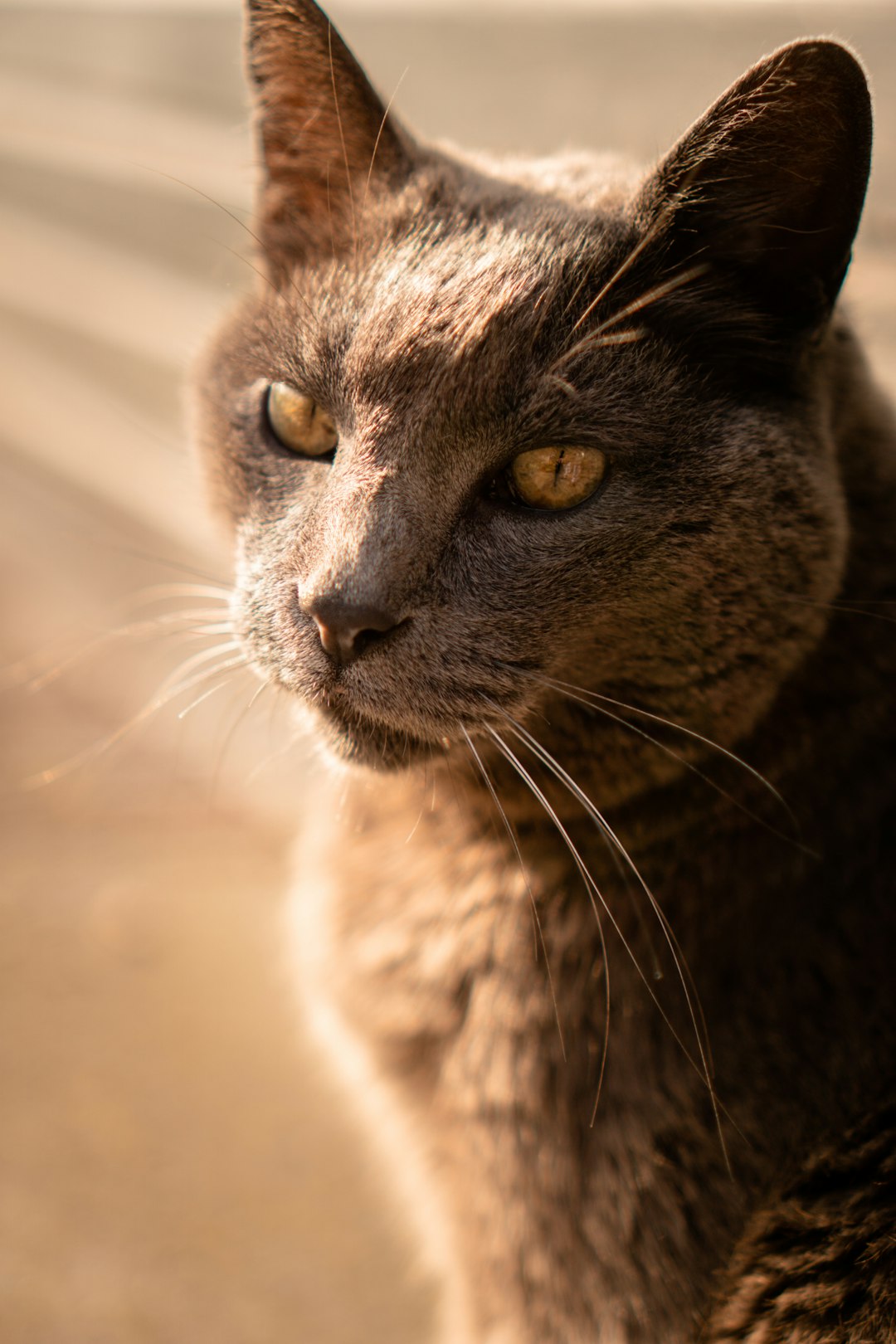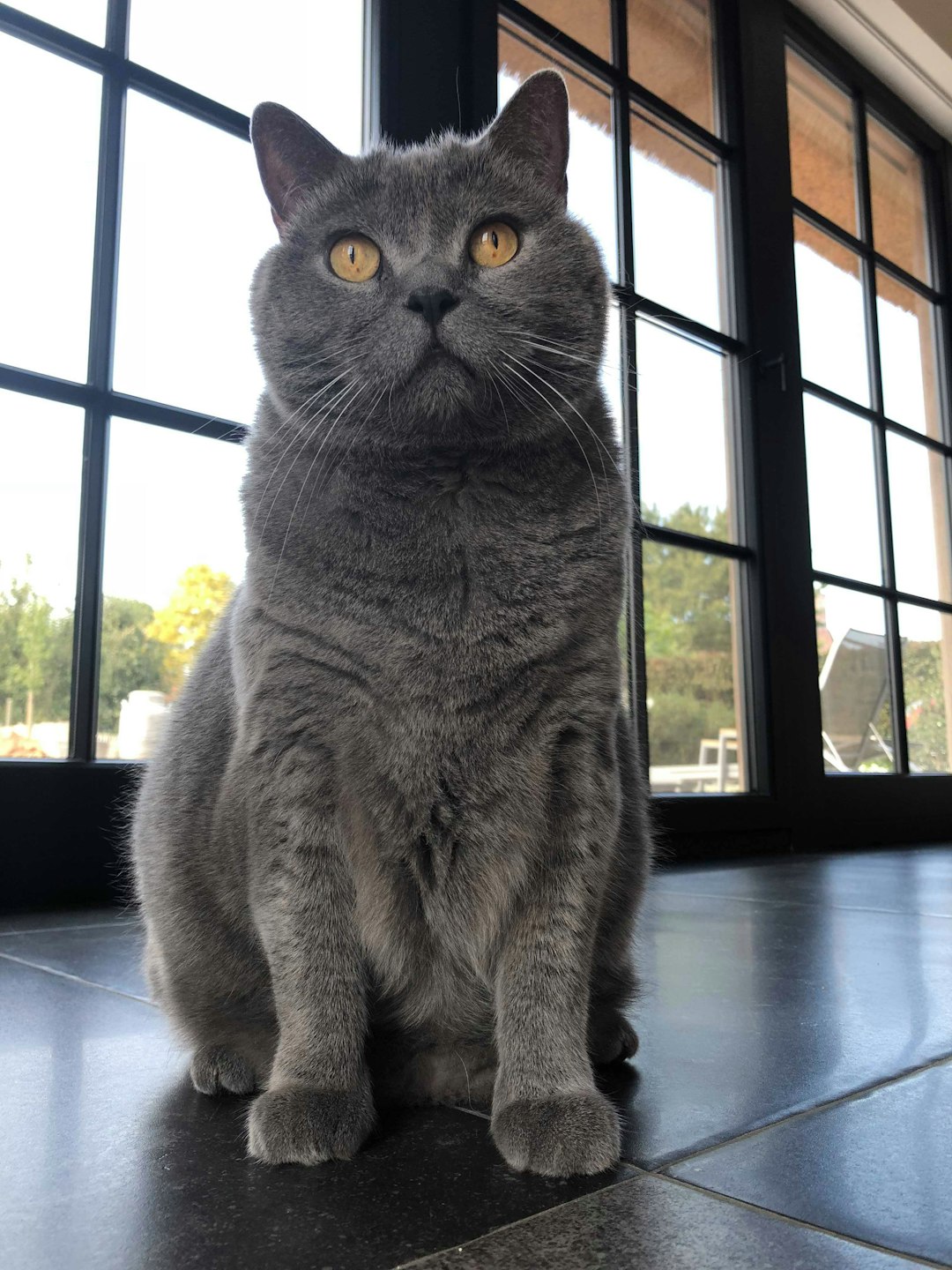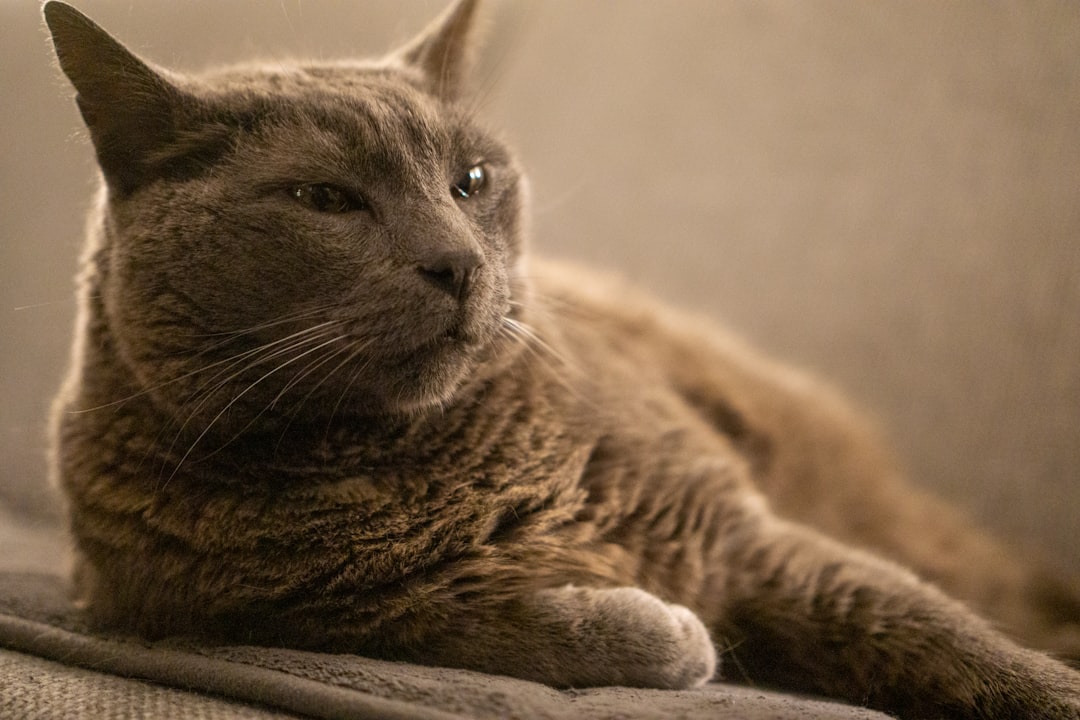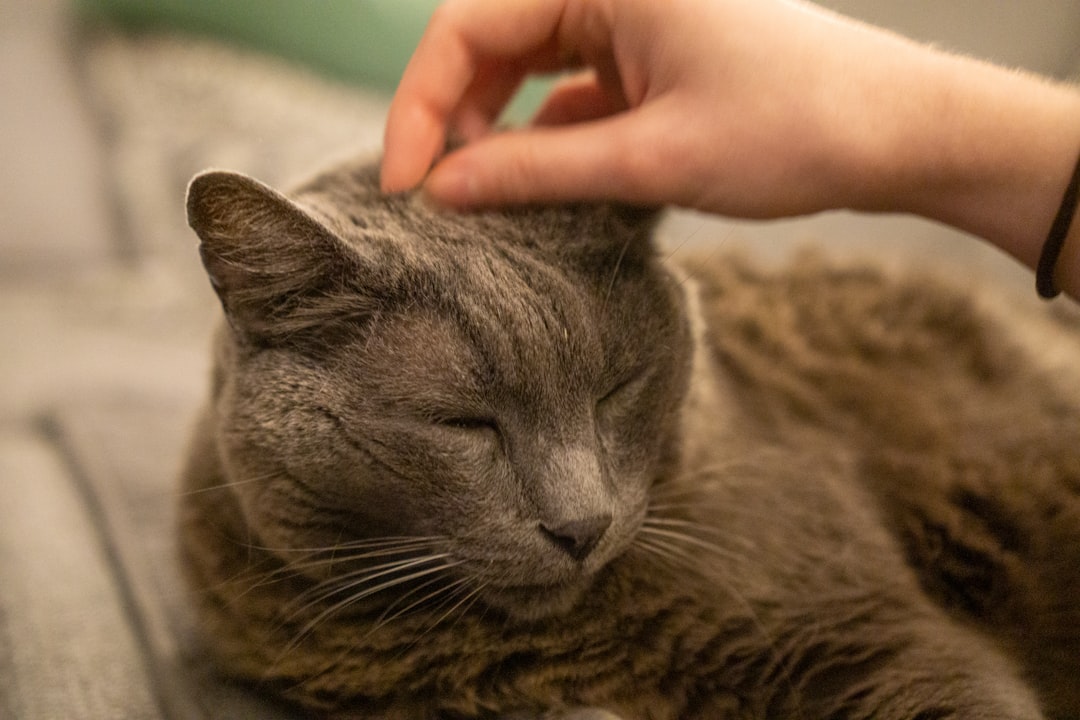Vaccination plays a crucial role in keeping your feline friend healthy, and rabies shots for cats are no exception. Understanding the significance of these vaccinations can protect not only your pet but also your family and community from the risks associated with this deadly virus. By following a proper vaccination schedule, you ensure your cat stays safe and immune. In this post, we will delve into the importance of rabies shots, the vaccination process, and what pet owners should expect during their visit to the veterinarian, all while debunking common myths surrounding rabies.
Importance of Rabies Vaccination for Cats
Rabies shots for cats play a critical role in protecting both your feline friend and the community at large. Here are several reasons why vaccinating your cat against rabies is essential:
Prevents Disease: Rabies is a fatal virus that affects the central nervous system. Vaccination is the most effective way to prevent this deadly disease.
Protects Human Health: Rabies is zoonotic, meaning it can be transmitted from animals to humans. By vaccinating your cat, you help protect your family and friends from potential exposure.
Legal Requirements: Many regions mandate rabies vaccination for pets. Failing to comply can result in fines and legal complications, particularly if your cat were to bite someone.
Community Responsibility: Vaccinated pets help create a safer environment. If more cats are vaccinated, the risk of rabies outbreaks decreases for everyone.
In summary, rabies shots for cats are essential not only for the health of your pet but also for public health safety. Ensure your cat receives their vaccination on schedule for maximum protection.

Understanding the Rabies Virus and Its Risks
Rabies is a viral disease that poses a significant threat to both animals and humans. As responsible pet owners, it’s crucial to understand the nature of this virus and its associated risks. Here’s what you need to know:
Transmission: The rabies virus is primarily spread through bites or scratches from infected animals. Wildlife such as bats, raccoons, and foxes commonly harbor the virus.
Symptoms: Infected cats may exhibit signs such as:
- Unexplained aggression or lethargy
- Difficulty swallowing
- Excessive drooling
- Seizures
Human Risk: A rabid cat can transmit the virus to humans, which can be fatal if left untreated. The CDC estimates that rabies causes approximately 59,000 deaths each year worldwide.
Prevention: Administering rabies shots for cats is essential in preventing the disease. Vaccination not only protects your cat but also helps safeguard your family and community.
Knowing the risks associated with the rabies virus underscores the importance of timely rabies shots for cats. Vaccination is a simple yet effective means to ensure overall safety.
Recommended Vaccination Schedule for Cats
When it comes to rabies shots for cats, adhering to a recommended vaccination schedule is crucial for your pet’s health. A timely vaccination can protect your cat from this potentially fatal disease. Here’s a clear outline of the vaccination timeline:
Initial Vaccination:
- Typically administered between 12 to 16 weeks of age.
- Follow up with a booster shot one year later.
Subsequent Boosters:
- After the initial booster, cats usually need rabies shots for cats every one to three years, depending on local regulations and the type of vaccine used.
State Regulations:
- Some states require annual vaccinations, while others require them every three years. Always check with your veterinarian.
High-Risk Situations:
- If your cat spends time outdoors or around wildlife, consult your vet about more frequent vaccinations.
In conclusion, following the recommended vaccination schedule is essential for keeping your cat safe from rabies. Regular vaccinations, along with veterinary check-ups, will help ensure your furry friend remains protected.
Types of Rabies Vaccines Available
When it comes to rabies shots for cats, there are several types of vaccines available to protect your furry friend. Understanding these options can help you make an informed decision about your cat’s vaccination needs. Here’s a quick overview:
1. Killed Virus Vaccines
- Description: Contain an inactivated form of the rabies virus.
- Efficacy: Highly effective and commonly used.
- Administration: Typically requires two doses in the initial series, then annual boosters.
2. Recombinant Vaccines
- Description: Utilize a harmless virus to deliver rabies antigens.
- Efficacy: Provides a strong immune response and often requires fewer boosters.
- Administration: Generally given as a single dose, with boosters every three years.
3. Combination Vaccines
- Description: Offer protection against multiple diseases, including rabies.
- Efficacy: Convenient for pet owners seeking to protect against various conditions.
- Administration: Follow the individual vaccination schedule suggested by your veterinarian.
It’s essential to consult your veterinarian to determine the best type of rabies shots for cats based on your cat’s health, lifestyle, and regional requirements. Remember, vaccination plays a crucial role in keeping your cat safe from the rabies virus.

What to Expect During the Vaccination Appointment
When you take your cat for rabies shots for cats, it’s important to be prepared for the experience. Here’s what you can generally expect:
Arrival at the Vet:
- Bring your cat in a secure carrier.
- Check-in at reception and provide any necessary health information.
Pre-Vaccination Check-up:
- The veterinarian will typically perform an initial health assessment.
- This may include checking temperature, weight, and overall condition.
Administering the Vaccine:
- The rabies shot is usually administered subcutaneously (under the skin).
- Expect the entire process to take just a few minutes.
Post-Vaccination Care:
- The vet will monitor your cat for a short time to ensure there are no immediate adverse reactions.
- You will receive instructions on aftercare and what to watch for in the days following vaccination.
Documentation:
- You’ll receive a vaccination certificate for your records, which is important for travel or boarding requirements.
Remember, regular vaccinations like rabies shots for cats are crucial for your pet’s health and safety!
Common Side Effects and Reactions
When administering rabies shots for cats, it’s essential for pet owners to be aware of potential side effects and reactions. While most cats tolerate the vaccine well, some may experience mild reactions. Here are common side effects to watch for:
- Mild Fever: Your cat may exhibit a slight increase in body temperature.
- Lethargy: After the vaccination, your cat might seem more tired than usual.
- Reduced Appetite: Temporary loss of interest in food is not uncommon.
- Local Reactions: Swelling or tenderness at the injection site can occur.
Rare but Serious Reactions
In rare cases, cats could experience more serious side effects, including:
- Allergic Reactions: Symptoms may include difficulty breathing, swelling of the face, or hives.
- Neurological Issues: Though extremely rare, some cats might exhibit unusual behavior or seizures.
What to Do
If you notice any of these side effects, consult your veterinarian immediately. Monitoring your cat after rabies shots for cats will ensure their safety and well-being. Always prioritize regular veterinary check-ups to maintain your pet’s health!
Addressing Myths and Misconceptions about Rabies Shots
A common concern among pet owners, myths surrounding rabies shots for cats can lead to unnecessary fear and hesitation. Let’s debunk some misconceptions:
Myth 1: Indoor cats don’t need rabies shots.
- Fact: Even indoor cats can encounter wildlife or stray animals. Vaccination protects them from unexpected risks.
Myth 2: Rabies shots are painful for cats.
- Fact: While some cats might feel slight discomfort, the vaccination process is quick and typically well-tolerated.
Myth 3: Vaccines cause aggressive behavior.
- Fact: There is no evidence correlating rabies shots for cats with aggression. Behavioral changes often stem from other factors.
Myth 4: One rabies shot is enough for life.
- Fact: Regular vaccinations are essential as immunity can wane over time. Consult your veterinarian for the recommended schedule.
By understanding the facts, you can make informed decisions about rabies shots for cats, ensuring your furry friend remains protected and healthy. Regular communication with your vet can also clear up any lingering doubts you might have.

Importance of Regular Veterinary Check-Ups and Follow-ups
Regular veterinary check-ups and follow-ups are essential components in maintaining your cat’s health, particularly concerning rabies shots for cats. These appointments help ensure that vaccinations are up-to-date and allow for the monitoring of any potential side effects or complications from the shots.
Key Benefits of Regular Check-Ups:
- Vaccination Status: Ensure that your cat is current on its rabies shots and other essential vaccines.
- Health Monitoring: Identify any underlying health issues early through routine examinations.
- Customized Care: Veterinarians can tailor recommendations based on your cat’s age, breed, and lifestyle.
- Preventive Measures: Discuss additional preventive care, such as parasite control and dental health.
By attending these regular check-ups, you support your cat’s health and well-being, reducing the risk of rabies and its serious consequences. Always maintain a proactive approach; your feline friend depends on you for proper care!
Frequently Asked Questions
Why are rabies shots important for cats?
Rabies shots are crucial for cats as they help protect against a deadly viral infection that affects the nervous system and is often fatal once symptoms appear. Rabies is zoonotic, meaning it can be transmitted from animals to humans, making vaccinations essential for public health. Vaccinating your cat not only safeguards their health but also contributes to the overall welfare of the community by reducing the risk of rabies transmission.
What is the recommended vaccination schedule for rabies in cats?
The typical vaccination schedule for rabies in cats begins at around 12 to 16 weeks of age, followed by a booster shot one year later. After that, most veterinary practices recommend revaccination every one to three years, depending on the vaccine used and local regulations. It is important to consult with your veterinarian to determine the most appropriate schedule for your cat based on their health and lifestyle.
What should I expect during and after the rabies vaccination for my cat?
During the rabies vaccination, your cat will receive an injection, typically in the scruff of their neck. The procedure is quick, often taking just a few moments. After the vaccination, it’s normal for your cat to experience mild side effects, which may include slight swelling at the injection site or lethargy for a day or two. Most cats recover quickly, but if unusual symptoms persist, consult your veterinarian for guidance.
Are there any side effects associated with rabies vaccines in cats?
While rabies vaccines are generally safe, some cats may experience mild side effects such as soreness at the injection site, slight fever, or decreased appetite for a short period after vaccination. In rare cases, more serious allergic reactions can occur, including difficulty breathing or severe swelling, which require immediate veterinary attention. It’s essential to monitor your cat closely after vaccination and consult your vet if you notice any concerning symptoms.



